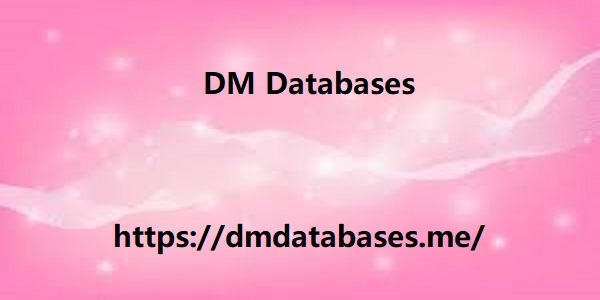|
|
An adult diagnosed in childhood has the opportunity to undergo treatments that help manage symptoms. Therefore, it is common that, even with some limitations and symptoms, in treated adults ADHD seems invisible. At the same time, the disorder can also appear invisible in adults who never received proper diagnosis and treatment in childhood. This happens because, as a person matures, they develop different behaviors (healthy or unhealthy) in order to compensate for the limitations of ADHD. The signs of the disorder differ over the years. In childhood, it is largely based on the tripod of inattention, impulsivity and hyperactivity. With age, symptoms can vary in severity and preponderance and, in addition, many adults with ADHD have more than one comorbidity, the most common of which are: depression, binge eating, anxiety, sleep disorders, chemical dependency and alcoholism . Paying attention to the signs and talking to specialist professionals, such as psychologists and psychiatrists, is the best way to reach the correct diagnosis.
The main symptoms of the disorder that can be identified in adults are: Professional instability and higher unemployment rate; Procrastination; Lack of focus and concentration; Low intellectual capacity; Difficulty following routines; Higher rate of divorces and separations; Difficulty planning and executing tasks; Anxiety about non-stimulating tasks; Difficulties in relationships; Frequent mood changes; Frequent forgetfulness, losses and DM Databases neglect of important dates and commitments; Difficulty listening and waiting for your turn to speak; Intolerance to monotonous and repetitive situations; Frequent repetition of mistakes and lack of attention to simple things. Remembering that each case must be analyzed individually, because a diagnosis of ADHD does not mean that the person has all of these symptoms. 4 Tips for Dealing with Adults with ADHD Living with a person who has ADHD is not simple, but it is completely possible.

Here are some tips that can help with this process: Encourage you to achieve your goals, showing support and recognizing small achievements; Simplify tasks that, even though they are easy to perform, may seem complicated for those with ADHD; Be patient with distractions, lack of focus, agitation and impulsiveness, after all, the person is not to blame for acting this way; Accept the person's time, because those who suffer from the disorder will not always do things the same way you do and in the time you would like. What is the treatment for ADHD in adults? The treatment of ADHD in adults usually covers three fronts, but can vary according to the person's condition and needs. In general, the strategies include: Medication The most appropriate medication will be prescribed by the psychiatrist, who is responsible for individually assessing the patient's condition and providing ongoing monitoring. The well-known Ritalin is one of the drugs widely used by those with ADHD, but we cannot generalize. It is necessary to analyze the specificities of the diagnosis to define the most appropriate medications.
|
|